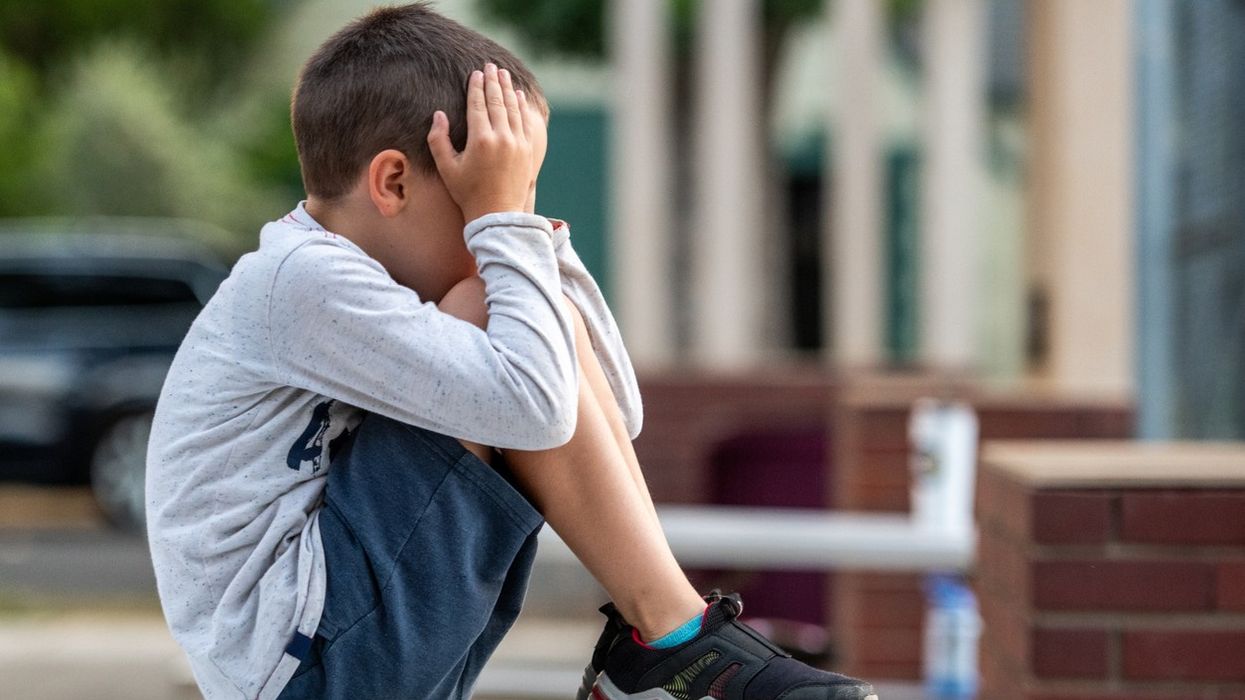FOR many who grew up in the 1960s, 70s and 80s, particularly in south Asian households, a smack on the bottom was a standard part of childhood discipline. For some, the violence was even worse and left lasting scars.
But times change, and what was once considered a harmless correction is now under fierce debate. The Royal College of Paediatrics and Child Health (RCPCH) calls for a nationwide ban on smacking, arguing that current laws are ‘unjust and dangerously vague’.
The crux of the argument lies in the potential for harm. While a light smack might seem unharmful, the RCPCH argues that it is a form of abuse. Scientific evidence paints a bleak picture: abuse and neglect can traumatise children, impacting brain development and hindering their ability to interact with people and trust later in life.
Those early bonds with parents and carers must be built on affection and nurturing. Harsh discipline can disrupt this critical process, leaving the child feeling unloved and inadequate.
Worse yet, abuse is a form of trauma, and a stressor that can increase the risk of poor mental health, disease, and even early death. Children who experience physical punishment may struggle to regulate their emotions and behaviour, becoming trapped in a ‘fight or flight’ response.
As adults, they may find it difficult to trust people or perceive innocent situations as threats. This is because the part of the brain responsible for survival takes over, which can result in aggressive or unhelpful responses to threats or stress.
So, the question remains: should smacking be banned? The RCPCH believes a resounding yes is the answer. Children need protection, especially those who may not recognise abuse for what it is or understand their rights. Clear legislation would empower teachers, social workers, and other safeguarding professionals to identify signs of abuse and neglect more readily. This proactive approach would keep children safe and create a generation of healthier adults.
Opponents of a ban often argue that it undermines parental authority. They believe parents have the right to choose appropriate disciplinary measures. However, the RCPCH emphasises the distinction between reasonable discipline and corporal punishment.
Healthy discipline involves setting boundaries, explaining consequences, and guiding children towards positive behaviour. Smacking, on the other hand, relies on fear and humiliation, which can ultimately damage the parent-child relationship and the child’s self-worth.
The debate around smacking is complex and steeped in cultural norms and personal experiences. However, the potential consequences of corporal punishment on a child’s well-being cannot be ignored. By prioritising a supportive, loving environment and positive connections, we can raise well-rounded, resilient children who thrive in the world. A nationwide ban on smacking might be the push needed to make that a reality.
Instagram: @itsmitamistry and @healingplacepod X: @MitaMistry



